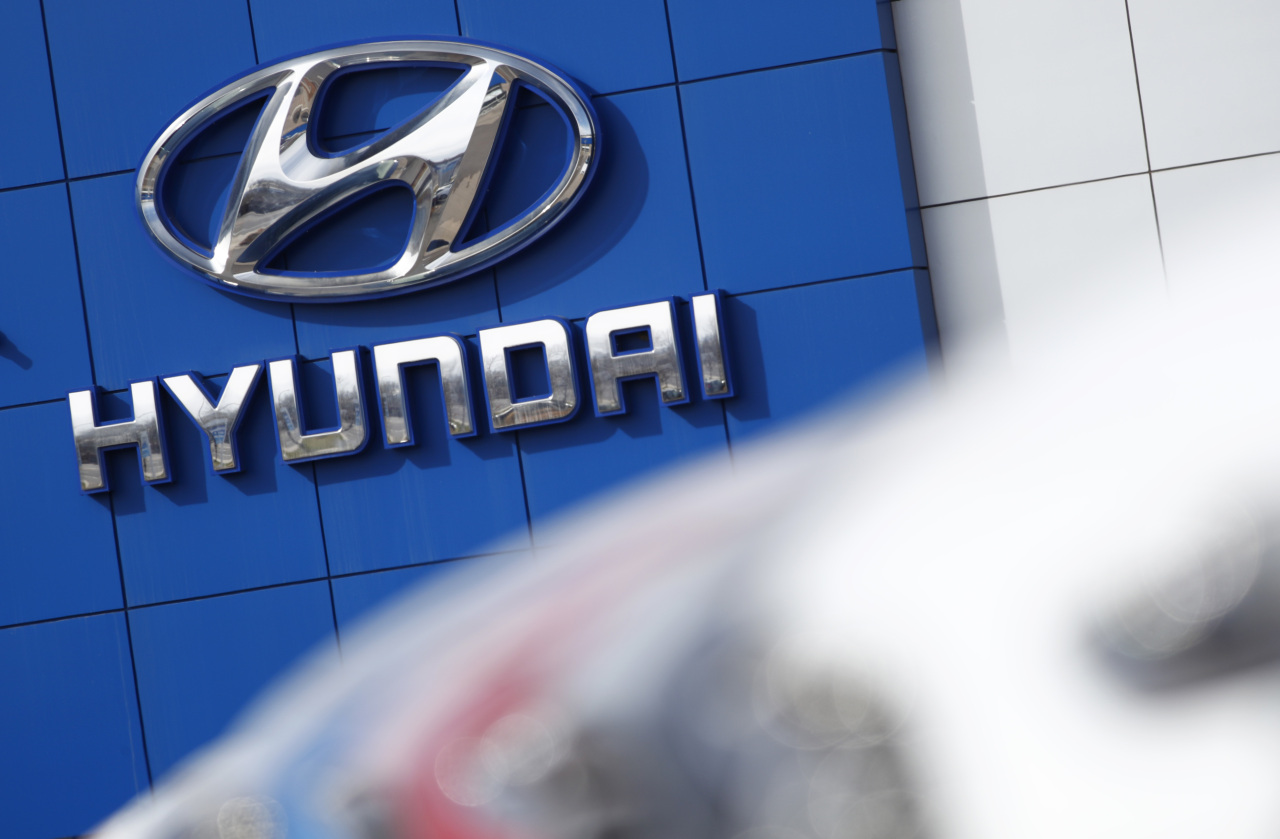Amid growing tension between the management and unionized workers, Hyundai Motor said Monday it saw its operating profit rise 30 percent in the second quarter chiefly on the weaker Korean won and sales of new sport utility vehicles.
The South Korean carmaker said in a regulatory filing that it earned an operating profit of 1.23 trillion won ($1.04 billion), a 30.2 percent on-year increase, crossing the 1-trillion-won mark for the first time in seven quarters.
Hyundai sold lesser cars, but both its revenue and profit went up, the company said. It sold 1.1 million vehicles worldwide, a 7.3 percent decrease from the second quarter in 2018, with its revenue increasing 9.1 percent to 26.96 trillion won.
 |
(Yonhap) |
The launch of new cars -- from the Palisade to all-new Sonata -–-in its home market as well as favorable market environment where the value of Korean currency against the US dollar has been dropping for months, has buttressed the quarterly growth, the company said.
Hyundai expects to see better profits going forward, citing its plan of launching new SUVs in the US and India in the second-half.
“The management environment does not appear to be very favorable in the second half, but the company will see its profit growing gradually by continuing its profit-oriented sales strategy by cutting down incentives and focusing on sales of new cars and SUVs,” it said.
The improvement in Hyundai’s quarterly profit has largely came from sales growth in Korea, while still facing dropping sales in the US and China, its biggest markets. Overseas sales decreased 10.1 percent to 904,760 units. Its sluggish performance in the two main market is likely to continue, due to market saturation slowing economy.
Despite Hyundai’s earnings recovery, the market is concerned of the growing management-labor tensions over annual wage negotiations which could possibly impact its third-quarter performance.
Unionized workers said they plan to request the National Labor Relations Commission to mediate issues with the management, in a move to legitimize their plan of a sit-in protest. If the labor arbitration committee gives an order to suspend negotiations, the union is likely to put its plan of staging a walkout on a vote. If it wins a majority vote, the union can stage a “legal” walkout.
The two sides have been locking horns over the annual wage negotiations even after reaching an agreement to expand the production of Palisade.
Under the agreement, the company must seek the labor union’s approval on changes in its production. If the workers stage a walkout this summer, probably in the third week of August, it is feared to cause a delay in production of vehicles ready to be shipped overseas, such as Palisade in particular, according to market observers.
Continued labor disputes has been a negative factor for the company’s growth.
Its domestic production accounted for just 37.3 percent of overall production last year, with Hyundai shifting its facilities overseas to reduce costs and operational uncertainty.
By Cho Chung-un (
christory@heraldcorp.com)








